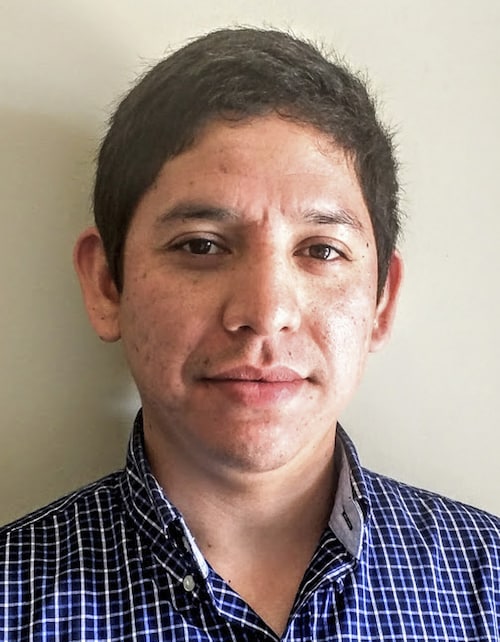Lemus was content working in the industry and never saw himself as a teacher. A few years ago, he started helping a friend who is a high school drama teacher. Lemus is a lifelong musician who plays piano, drums, guitar, bass, and saxophone. He helped compose music for the school’s productions and quickly found that he enjoyed working with students through that process.
His presence in the school led to an invitation to coach a CyberPatriot team. Lemus was not familiar with CyberPatriot but was intrigued enough to give it a shot. It was pitched to him as a hacking competition, but he quickly learned that it wasn’t that.
After that first year, he was hooked and hasn’t looked back since. Lemus now works with CyberPatriot, Cisco and other cyber challenges to engage as many students as he can in the cybersecurity field.
“I like to create labs and challenges; I like to show students that they can do this and cybersecurity isn’t some scary thing that’s out of their reach,” Lemus said. “When students understand and see how this knowledge applies to their world, they can see themselves in the field, as well as how topics discussed affect themselves and others around them.”
Richard Grotegut, Bay Area Deputy Sector Navigator for IT and Computer Science, met Lemus in southern California and recruited him to move up north to assist with summer cyber camps. What started with one camp has now grown to 30 events held at 20 community colleges.
Grotegut said he was impressed by Lemus’ ability to connect with students, and the work ethic he’s shown in coordinating the cyber events.
“He’s very relatable, professional and contentious,” Grotegut said. “We launched our cyber camp program again this summer and have been overwhelmed by the response. Irvin’s done a lot of work to make that happen”
Lemus moved to northern California and now makes his home in Monterrey. He set up the Bay Area Cyber Competitions website and now serves as the coordinator for all events in the region.
In addition to those responsibilities, Lemus also helps other coaches learn the CyberPatriot ropes and avoid some of the same mistakes he made when he was starting out in the program.
Andrea Salas, a CyberPatriot coach at Alhambra High School, connected with Lemus earlier this year after running into trouble with the CyberPatriot Primary Round.
“My principal had just paid $200 to register my new after-school Cybersecurity club for the competition, and the kids were ridiculously underprepared,” Salas said. “Although they had an abundance of enthusiasm to make up for it, at that moment, we were faced with a situation where we couldn’t get past the ‘Read Me’ document.”
Salas said Lemus remained calm despite her frustration with the situation and guided her through what she needed to do to get her team up and running. That demeanor translates into his work with students.
“He knows how to engage with kids from different backgrounds and encourages and models positive social interactions among them,” Salas said. “He understands that his job is about outreach and that keeping kids interested means making what he presents interesting, something that is difficult to do when the cybersecurity concepts the kids are learning are purely defensive.”
Lemus is currently pursuing his master’s degree in cybersecurity at Webster University. He hopes to see cybersecurity become an even bigger part of the K-12 curriculum in California to show students that IT is about much more than coding and writing programs.
“Just like coding is being pushed, how computers work and how they talk together should also be a core curriculum,” Lemus said. “I would like to see schools teach these topics so everyone becomes more secure and our next generations are inherently more secure than the one that came before it.”

